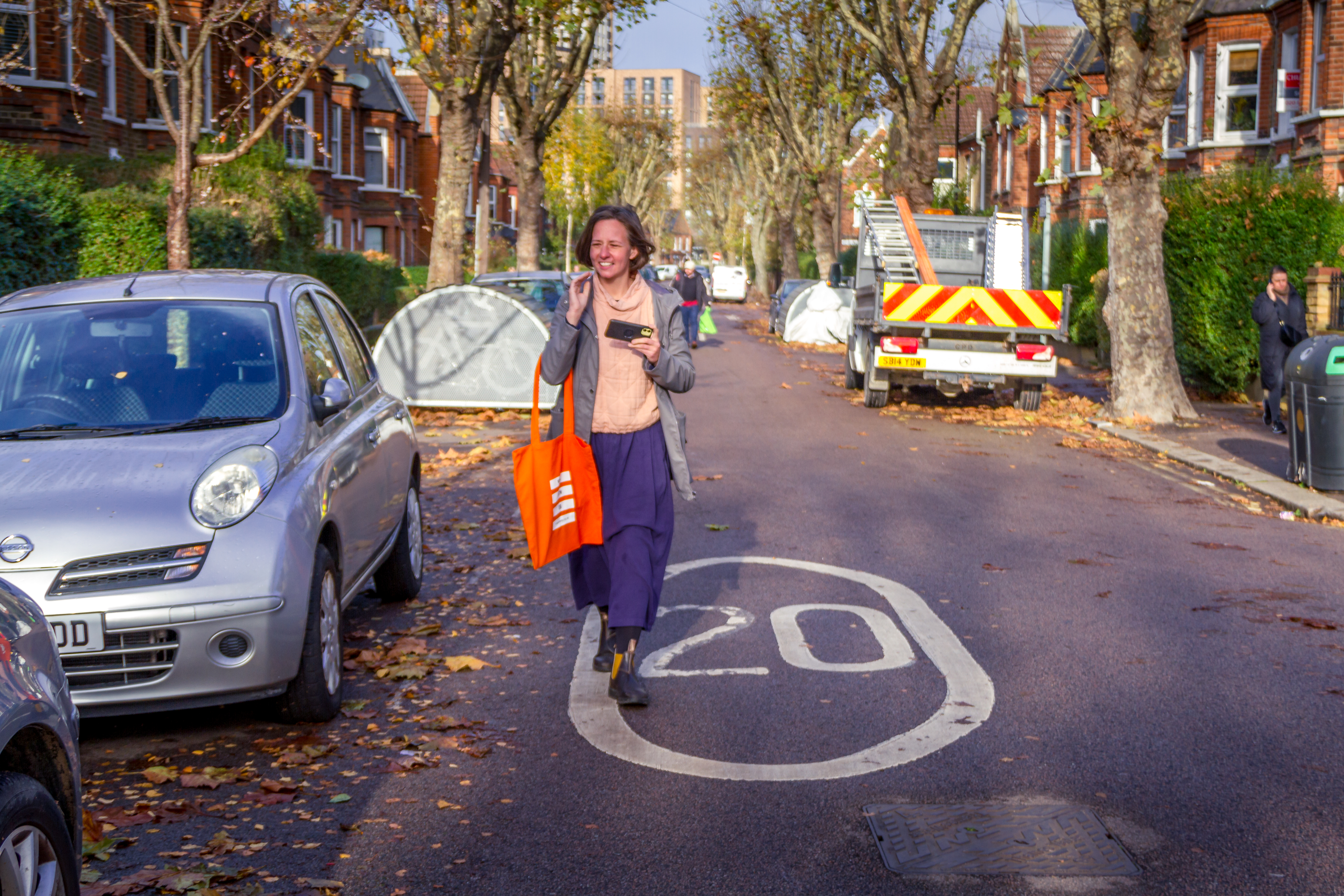IS 60 THE NEW 70? BIRMINGHAM SLOWS DOWN FOR CLEANER AIR
Air pollution is the biggest environmental threat to our health.
To mark the seventh annual UK Clean Air Day, Dr Stephanie Lacey, a public health speciality registrar at Birmingham University, has written about how lowering the speed limit on motorways could have benefits for both air quality and our health.
The transport sector is the largest contributor to greenhouse gases in the UK. Changing the way we travel is going to be crucial for reducing air pollution and achieving the government’s goal of net zero emissions by 2050.


When it comes to vehicle air pollutant emissions, there are two main sources we need to consider: exhaust (tailpipe) emissions; and non-exhaust emissions generated from brakes, road dust and tyre wear. Vehicle exhaust emissions are the main source of nitrogen oxides (NOx) in the UK, which contribute to the formation of ozone gas and can cause airway inflammation. The main air pollutant produced from non-exhaust emissions is particulate matter (PM), and it is the fine PM that is the most harmful air pollutant to our health. Exposure to fine PM can lead to chronic diseases, including asthma, heart disease and lung cancer, and also increases the risk of early death.
The relationship between speed and air quality is complex and is influenced by many factors such as engine type and temperature, road surface, gradient and driving conditions. These together make studying the relationship between speed and air quality challenging.
What we know from a computer modelling study in the West Midlands is that lowering the average travel speed from 70mph to 60mph on sections of the M6 and M5 could reduce both NO2 and PM2.5 levels around the motorway, with benefits extending up to one kilometre away. These results have been echoed by ‘real world’ speed limit trials conducted in Wales, whereby the introduction of a 50mph speed limit in 2018 led to a reduction in NO2 concentrations to below legal limits. These studies show promise that lowering the speed limit has benefits to air quality.
"The quality of the air we breathe is so important for our health and wellbeing. A lot of ailments we suffer from can at least in part be attributed to air pollution but it’s not something we often think of as being a cause of ill health" - Dr Stephanie
Lowering speed limits also offers wider public health benefits such as reducing traffic noise pollution, which is the second biggest environmental threat to ill-health. Slowing down is also associated with fewer road traffic injuries and deaths and may improve public perception of how safe our streets are. We know that air pollution contributes to health inequalities in the UK, as more deprived communities tend to live closer to big urban roads and also tend to be more vulnerable to the effects of air pollution. Lowering speed limits on major urban roads could help reduce inequalities in the UK.
It is important to bear in mind that speed is only one piece of the puzzle when it comes to reducing air pollutant emissions from road vehicles. The way we drive is important too. Harsh accelerating and braking and leaving the engine idling are all behaviours that contribute to emissions. Tackling vehicle emissions requires a whole systems approach to transport that also combats non-exhaust emissions (the key driver of PM2.5) and improves connectivity for people including supporting a shift towards active travel. Understanding the movement of people, goods, and services and not just individual vehicles is also essential to determine any unintended consequences of lowering speed limits, such as dispersing traffic to neighbouring roads.
As more speed limit trials are introduced across the UK, more real-world evaluations of these trials are needed to help understand the benefits and inform what is next for travel on UK roads.
The full article 'Speed limits, air quality and health' is published by TRANSITION Clean Air Network.


About the author
Living Streets